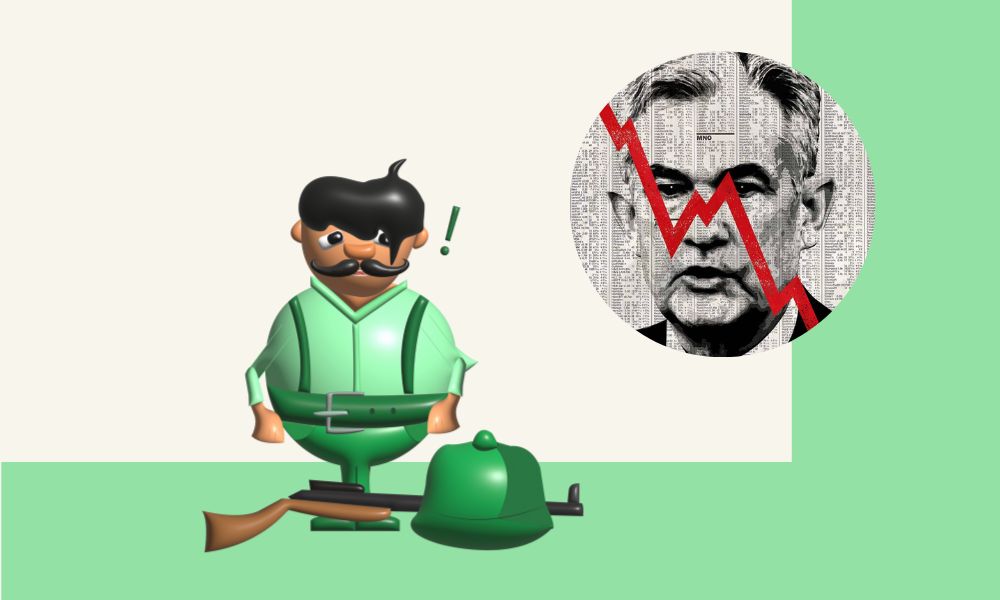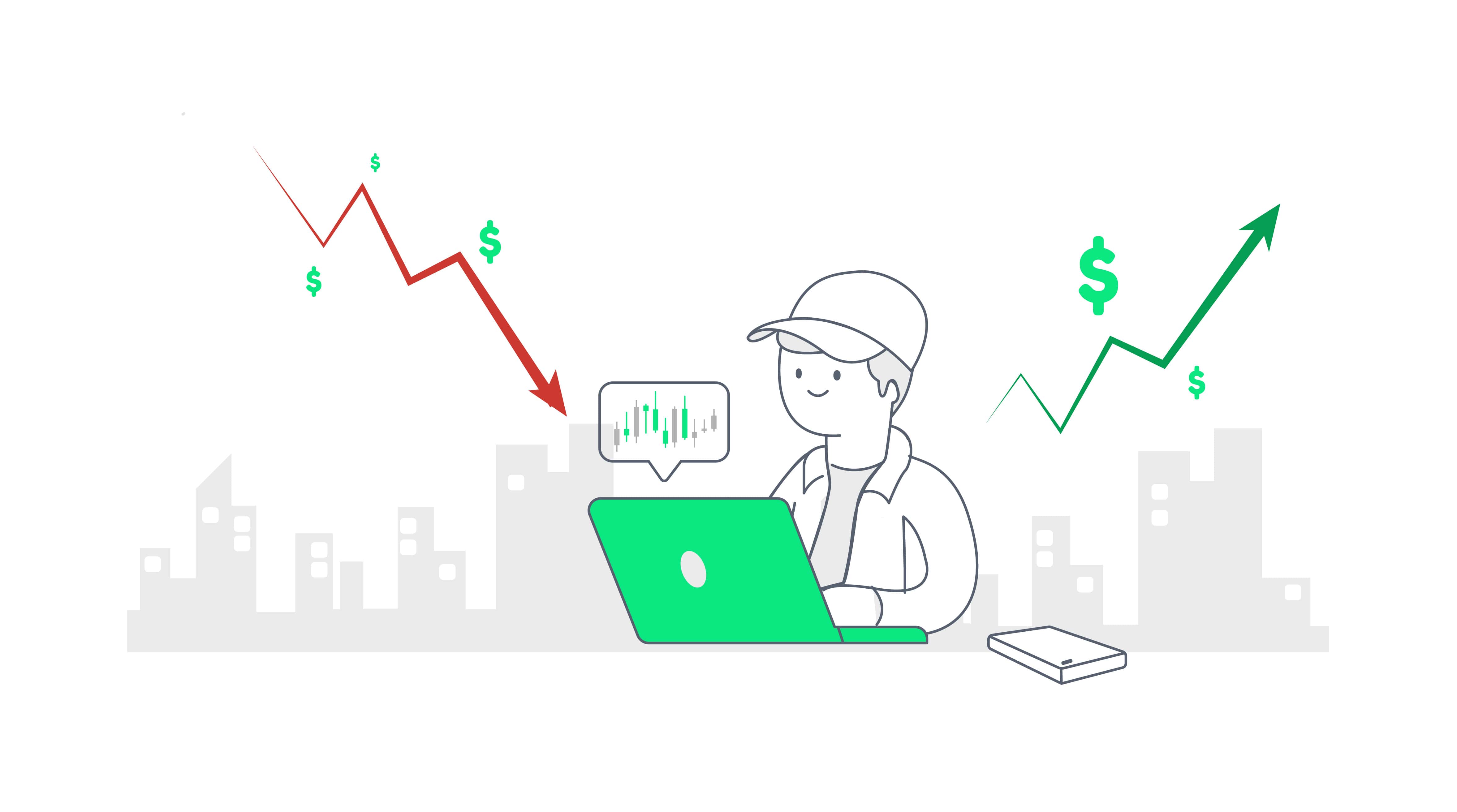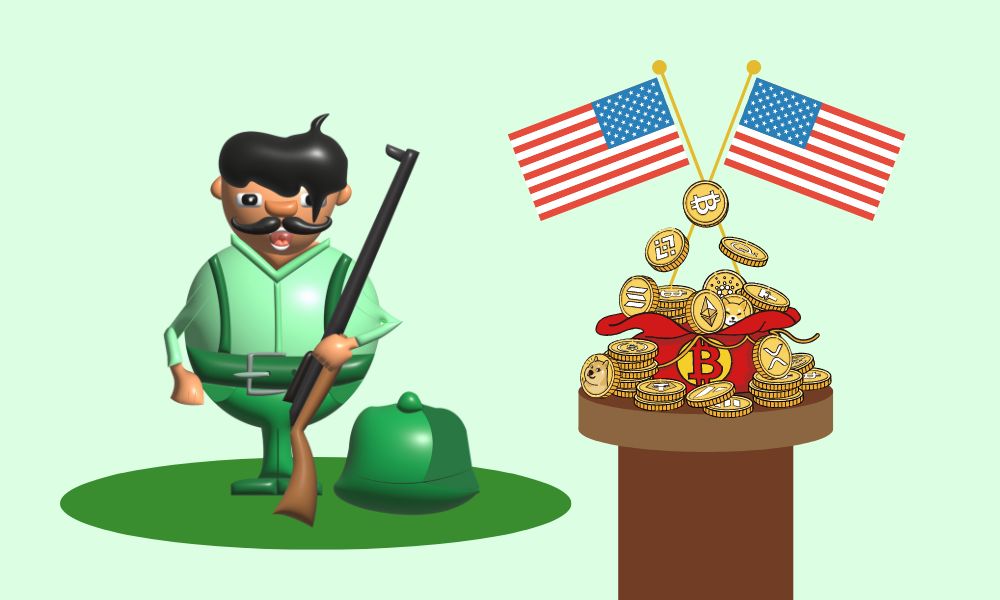Jerome Powell is heading into the 'danger zone'
Chair Jerome Powell emphasized that the Federal Reserve could raise borrowing costs without doing too much harm to the economy when it began raising interest rates to confront decades-high inflation.
Powell stated in March, "We feel the economy is quite strong and will be able to sustain tighter monetary policy.
After six months, Powell sounds less assured. On Wednesday, the Fed issued its third consecutive supersized interest rate increase and said it will maintain its strong monetary policy should inflation continue to be high.
Decreased growth and more unemployment Are all difficult for the people we serve, Powell added, but they're not as painful as failing to bring back price stability and having to repeat the process again.
Breaking it into perspective: The central bank didn't react as strongly as some investors anticipated. Some were preparing for the first full-point increase in the Fed's recent history. However, the central bank's estimates contained hints that it intended to maintain its hardline territory, even if it meant driving the economy into uncharted waters.
Peter Boockvar, chief investment officer of Bleakley Financial Group, declared that the Fed has now entered the "danger zone" in terms of the rate shock it is imposing on the US economy.
The main interest rate set by the Fed is currently between 3% and 3.25%. Prior to this, its senior officials had suggested that rates could increase to 3.4% by the end of this year, which would indicate that the cycle of rate increases was practically over.
The Fed is currently projecting rates of 4.4% by the end of the year, which suggests additional significant increases in the coming months.
The Fed has also raised its expectations for unemployment at the same time. It now projects that the jobless rate will reach 4.4% in 2023, up from a forecast of 3.9% in June.
What that means: The Fed won't back down, even if the American economy finds its harsh medication difficult to take.
In response to the decision, Mark Haefele, chief investment officer at UBS Global Wealth Management, said to clients, "Our judgment is that a Fed funds rate of 4% is approximately the highest that the economy would be able to withstand, and the Fed is plainly threatening to raise rates over that level."
As Wall Street processes this message over the next few weeks, it may cause market volatility.
On Wednesday, US stocks fluctuated between gains and losses before closing the day down. The S&P 500 fell 1.7% at the close. In the meantime, the US dollar is still rising.
Since investors are unsure of how the Fed measures its effectiveness, volatility is likely to continue, according to Paul Donovan, chief economist at UBS Global Wealth Management. Additionally, the central bank has no control over many of the variables driving up inflation rates, including as the conflict in Ukraine and drought conditions.
The Fed's failure to disclose its goals will increase market uncertainty, according to Donovan. But it does acknowledge that it might be harmful.
For the first time in 24 years, Japan steps in to support the Japanese yen.
For the first time in 24 years, Japan attempted to support the value of its currency on Thursday by purchasing the yen to stop it from declining further against the US dollar.
Masato Kanda, Japan's vice finance minister for foreign affairs, told reporters on Thursday that the government had just taken "decisive action" in response to the abnormal volatility.
Kanda said in the positive when a reporter enquired as to whether the "decisive measure" referred to "market intervention."
Important background: With its decision on Thursday, Japan's government entered the foreign exchange market by purchasing yen for the first time since 1998.
The Bank of Japan indicated earlier on Thursday that it would keep its ultra-loose monetary policy in place, demonstrating its determination to continue to be an outlier among the G7 countries that are frantically trying to raise interest rates to control inflation.
Why it's important The move highlights the global implications of Fed policy and the US dollar's ferocious rally, which is driving down other currencies. This drives up domestic prices and raises the cost of importing food and fuel for other nations. (More below about that.)
The Bank of Japan's target for inflation in Japan has been exceeded, and the country now has the highest annual rate in eight years.
The price of excessive inflation is increasing.
The message from central banks is loud and clear: we'll do everything it takes to get inflation under control. Leaders and decision-makers are cautioning that failure is not an option in the interim.
The head of the International Monetary Fund, Kristalina Georgieva, told CNN's Christiane Amanpour on Wednesday that unless action is made to safeguard those most vulnerable to the effects of rising prices, there will be "people on the street" around the world.
For those who are better situated, an increase in food and energy prices is an annoyance; for the poor, it is a tragedy. If we don't reduce inflation, this will impact the most vulnerable, Georgieva said.
Therefore, we put the needs of the poor first when we argue for aggressively combating inflation.
In order to fight inflation, central banks "have no choice" but to raise interest rates, she continued.
Restoring the circumstances for growth is the crucial issue at hand, and price stability is a crucial prerequisite, according to Georgieva.
In the grand scheme of things, Georgieva's remarks serve as a reminder of the effects of the current policy decisions in the real world. However, the quick increase in interest rates could also be harmful for the world.
The globe may be moving toward a worldwide recession in 2023 and a spate of financial crises in emerging market and developing countries, according to a recent research from the World Bank. This is because central banks are simultaneously raising interest rates around the world in reaction to inflation.
















